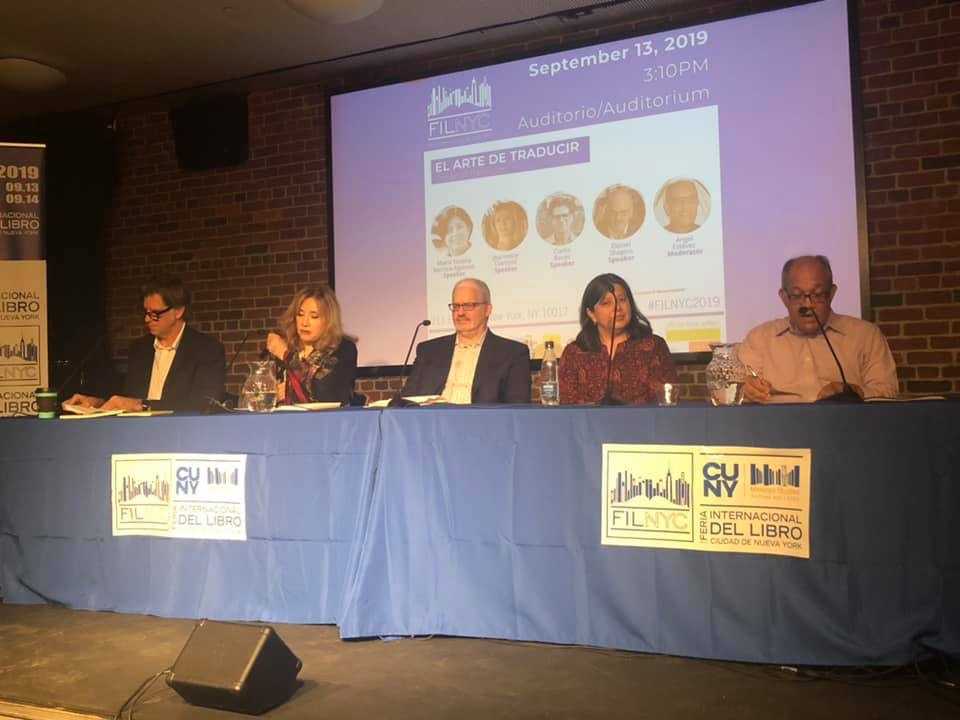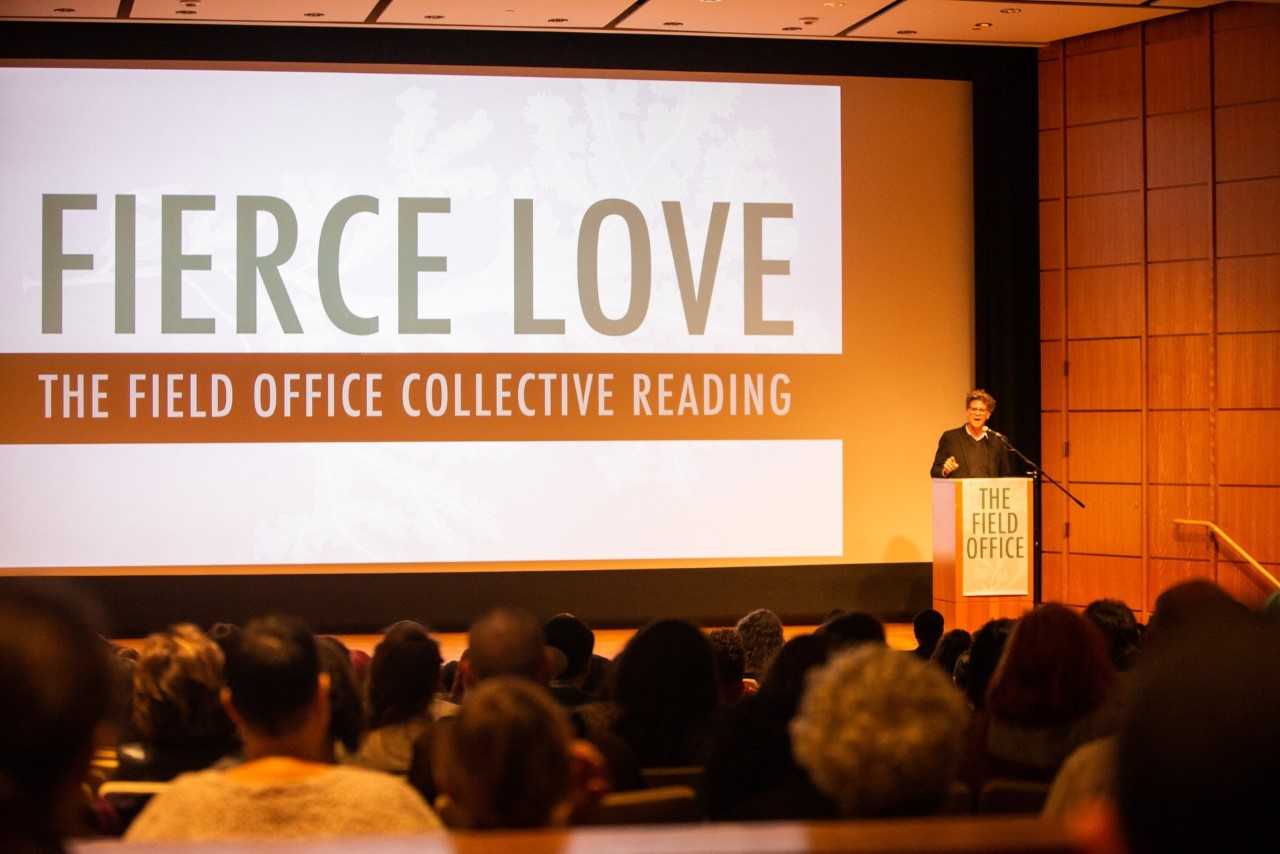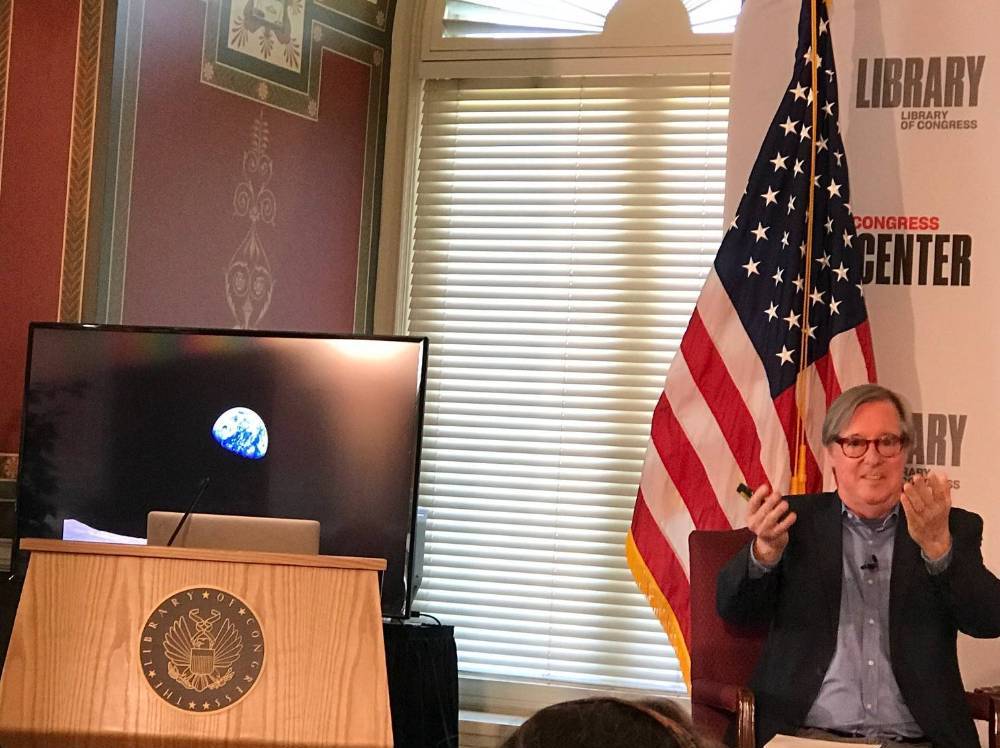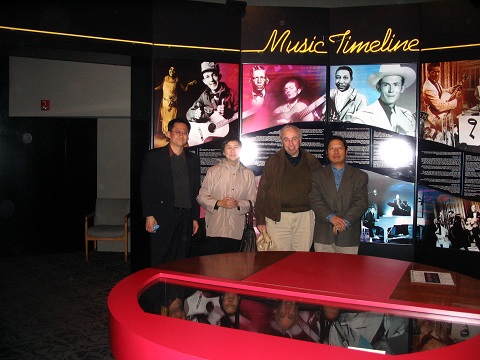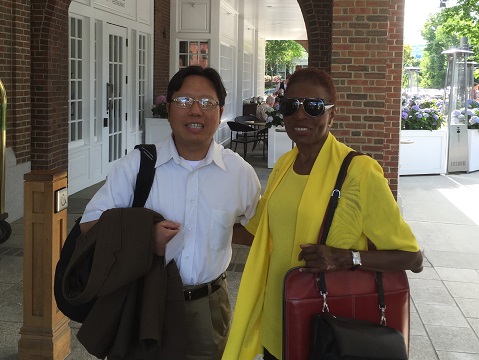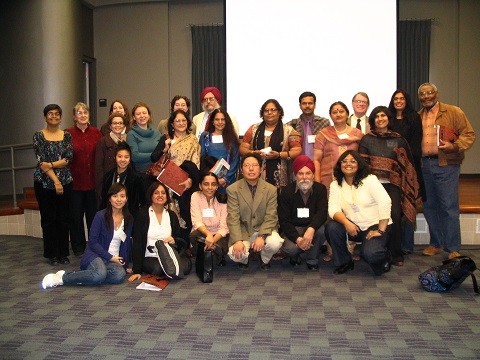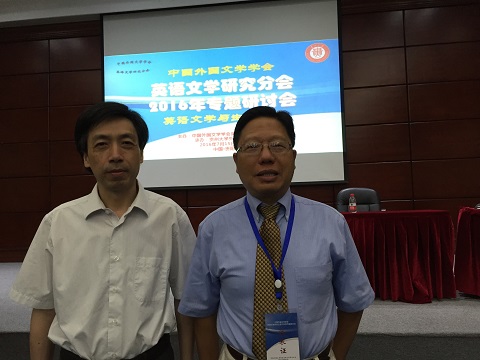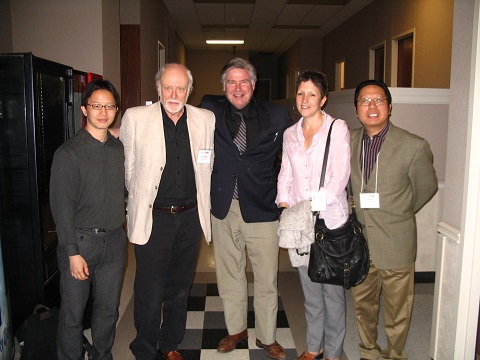Comparative Literature
At Texas Tech, graduate students of the Comparative Literature, Globalization and Translation (CLGT) division explore recent as well as traditional approaches to literature, culture, theory, and visual media. CLGT as a specialization is available to students within the English Department both at the M.A. and Ph.D. level.
The various courses offered as part of the division introduce students to a global perspective increasingly required in the academy and in related fields such as publishing, journalism, and media careers. Since the issue of globalizing literary studies was first raised and debated in PMLA in 2001, the notion of globalization itself has undergone significant changes. From its initial designations of expansion of neoliberal capitalism, exercise of Western political and military hegemony, innovation in communications technologies, and proliferation of U.S. popular culture around the globe, globalization has increasingly been associated with the emergence of the Global South and the empowering of East Asian economic entities. These changes are not only documented in the literary representations, but they are also contested and negotiated in media that have competed for global attention. In these shifting contexts, the courses offered in the division interrogate what is meant by literary studies and for whom and for what purposes do we globalize literary studies.
Through the CLGT emphasis the division invokes globalization as a historical process as well as a new development in late capitalism which impacts literary studies in dramatic ways. While an older model of comparative literature exclusively emphasized interactions between European language literatures, recent approaches to the field emphasize a global circulation of people, ideologies, languages, texts, and technologies beginning in the early modern era, continuing into the colonial period, and reaching its apex in the late twentieth and early twenty-first century. Translation between metropolitan and non-metropolitan languages is crucial to this process. In the postcolonial world, English has become an effective means for the global South to write back and cultivate its own literary tropes and cultural sensibilities at par with Western literary traditions. However, other European and non-European languages are equally crucial to this process. With the emergence of new centers of economic power, new aesthetic symbols and cultural expressions have also been articulated, and these communications interact, negotiate, and compete with Euro-American literary traditions and cultural powers. At this moment, comparative literature is well positioned to answer the challenge of globalization and reconfigure the meaning of literary studies both globally and locally.
CLGT offers students the opportunity to cultivate a wide range of literary interrelations including but not limited to the following: trans-Atlantic studies, trans-Pacific studies, global South studies, hemispheric studies, migration studies, gender studies, studies in religion, Vietnam War studies, translation studies, urban studies, and new media studies. In these concentrations, the aim is not only to move beyond the national framework of literary studies but also to engage global networks of aesthetic, social, cultural, and economic interactions. Moreover, students profit from our faculty specializations by extending literary studies to cultural communication in different artistic forms and literary genres.
M.A. students may take as many as 15 hours of coursework or 5 courses in this area and write a thesis. Ph.D. students must take at least 18 hours or 6 courses and finish a dissertation. Students may also take courses in foreign languages, in consultation with their committee, and must satisfy the foreign language requirements of our department. When they have completed their degree, they will be prepared to teach in more than one division at other colleges and universities. This has proven to be an advantage in today’s job market. The attitude of cooperative tolerance, inclusivity, receptivity to original scholarship in other disciplines, and enthusiasm for collegial efforts, makes CLGT a good choice for students who value cutting edge scholarship and scholarly community. CLGT courses are taught by our faculty in the division including Professors Aycock, Batra, Bauer, Daghistany Ransdell, Purinton, Shu and Whitlark. Please see more about them on their faculty web pages.
Students may attend, volunteer to gain conference organizing experience, and give papers at the Interdisciplinary Comparative Literature Symposium, an annual event that draws scholars from the U.S. and other countries. The 2010 Symposium focused on American Studies as Transnational Practice. The 2016 Symposium is on the theme Translation and Transcreation: Languages, Genders, Geographies
Contact
For more information about the Comparative Literature emphasis, contact Dr. Yuan Shu or by calling the Department of English at 806.742.2500.
For general information about graduate study in English at Texas Tech University, please contact the Director of Graduate Studies by email or at 806.742.2500 ext. 248.
Achievements
- Dr. Shu has been awarded the "Fulbright Core Scholar Award to teach & research at the National University of Singapore (2017-2018).
- Dr. Shu was awarded a Harvard-Yenching Travel Grant (2017).
- Dr. Shu was awarded Texas Tech University's Integrated Scholar (2017).
- Dr. Clarke has co-edited The Cambridge Companion to Literature and the Posthuman (2017).
- Dr. Clarke’s article "Planetary Immunity: Biopolitics, Gaia Theory, the Holobiont, and the Systems Counterculture" is published in General Ecology: The New Ecological Paradigm (2017).
- Dr. Clarke’s article "Rethinking Gaia: Stengers, Latour, Margulis" is published in Theory, Culture, and Society (2017).
- Dr. McNamara’s article "Developing a Fine Balance: A Critique of Secularization in Rohinton Mistry’s Family Matters" is published in South Asia: Journal of South Asian Studies (2017).
Department of English
-
Address
P.O. Box 43091 Lubbock, TX 79409-3091 -
Phone
806.742.2501 -
Email
english@ttu.edu

